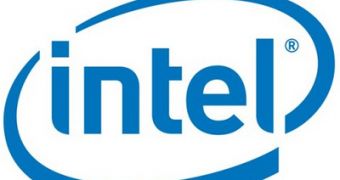When planning to make and release a new central processing unit, chip makers have to decide whether the new CPU will be compatible with existing sockets or if its performance advantage is high enough to justify the making of a special chipset. This is, no doubt, the same dilemma that has plagued Intel in the development of the Sandy Bridge micro-architecture and the so-called 6 Series chipset. Until recently, end-users might have been hoping for a future where the new 32nm Sandy bridge chips would work on existing motherboards. Unfortunately, recent rumors seem to, once and for all, crush these hopes.
According to the folks over at Fudzilla, the 32nm Sandy Bridge chips will, indeed, be designed for socket 1155 motherboards. This suggests that the 6 Series chipset will be designed with this socket if it hopes to provide the new CPU with a platform.
For consumers interested in upgrading their configurations, this means that they will need a new motherboard to start. The report also points at a rather unfortunate drawback of the new core logic. Intel supposedly told its partners that there would be no native support for USB 3.0, only for up to 14 USB 2.0 ports. Of course, there is always the consolation that compatibility with the next-generation standard will still be implementable, via an external chip.
In addition to the consumer-oriented core-logic sets that the Santa Clara giant plans to debut next year, the hardware developer will also reportedly bring out the B65, as a “business transactional category,” and the Q Series Q67 and Q65, a “ business stable category.” Other plans include the release of the H67 and P67 chipsets that have not been elaborated upon yet.
If research and development goes well and no component shortages and inventory restrictions arise, Intel should be able to make the formal introduction of its new core-logic in the first quarter of 2011.

 14 DAY TRIAL //
14 DAY TRIAL //